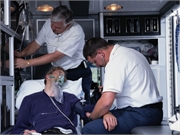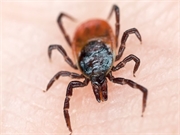
With the 2020 presidential election just three months away, new research suggests an election can be held safely if stringent steps are taken to lower COVID-19 infection risk. The conclusion follows a U.S. Centers for Disease Control and Prevention investigation that looked at what happened in the city of Milwaukee this past April after Wisconsin… read on >


















